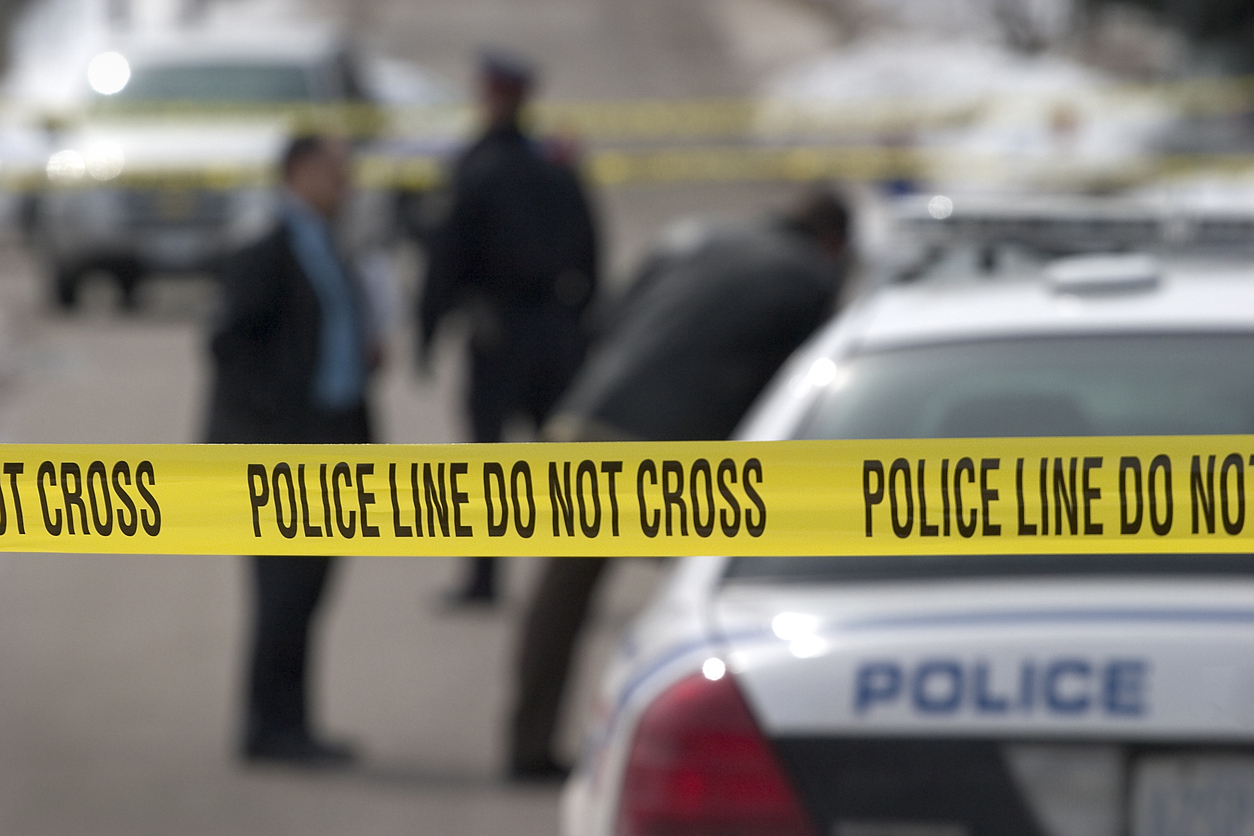How Do Major Sporting Events Affect DWI Enforcement and Arrests?
Houston is home to several successful professional sports teams across various leagues. Fans come from all over to watch the Astros, Texans, Rockets, and other sports clubs in the city’s stadiums. In addition to the buzz created by the local sports teams, Houston has hosted a number of prestigious sporting events, including the 2023 Final Four and the upcoming 2026 World Cup. The vibrant downtown area also attracts fans to gather at bars and restaurants for popular games, like the Super Bowl and the Stanley Cup Finals.
While the popularity of the city’s sports teams and the accompanying nightlife scene is great for fans and businesses, local law enforcement agencies have identified major sporting events as a risk factor for increased drinking and driving incidents. To combat this issue, heightened DWI initiatives have been implemented by the police in the Houston area on and around the dates of planned events. These initiatives have resulted in significantly higher numbers of DWI stops and arrests compared to weekends without sporting events.
Although ensuring the city’s roads are safe for all drivers is an objectively positive goal, officers still have a duty to perform their jobs in accordance with the state’s laws. They must have probable cause to pull over a driver for a traffic stop and cannot randomly target vehicles during high-traffic periods. If you have been arrested for a DWI or other criminal charge while traveling to or from a sporting event, it is critical to speak to an experienced Houston criminal defense attorney to determine your next moves and protect your rights.
How Are Local Law Enforcement Agencies Cracking Down on DWIs?
In an effort to reduce the number of highway fatalities to zero, many local Houston police agencies have redoubled their efforts to lower the incidence of drunk driving. For example, Montgomery County released a Strategic Plan that includes methods to reduce drunk driving fatalities. The county utilizes COMPSTAT data to identify potential hotspots for DWIs. The county cites an 18% increase in drunk driving arrests since 2018 and a significant reduction in alcohol-related crash fatalities as evidence of the program’s efficacy. The county also engages in heightened DWI surveillance initiatives during sporting events, concerts, and other functions that may involve alcohol consumption.
Are DWI Checkpoints Legal in Texas?
DWI checkpoints are roadblocks set up by police on busy streets near bars or other establishments that serve alcohol. In the past, these checkpoints had been used to examine every driver who passed through the area for signs of intoxication. However, it is no longer legal for police to operate DWI checkpoints in Texas because they have been found to violate the protection against unreasonable searches provided by the U.S. Constitution’s Fourth Amendment.
Some legal loopholes for checkpoints exist, however, and police may still be able to set up locations to check for valid driver’s licenses. If an officer observes signs of intoxication during one of these stops, they may have probable cause to investigate further. DWI cases involving these types of ID-related stops occupy a gray area in the state’s laws, and a skilled lawyer may be able to successfully argue against the admission of some or all of the evidence collected.
What Are No Refusal Operations?
During major sporting events, such as Super Bowl weekend and the Houston Livestock Show and Rodeo, Montgomery County Law Enforcement agencies and others in and around the Houston area have been implementing a DWI prevention strategy known as “No Refusal” blood draw operations. The Montgomery County District Attorney’ Office received a grant from the Texas Department of Public Safety to team up with judges, investigators, prosecutors, and nurses to quickly obtain blood samples from drivers suspected of a DWI.
During planned No Refusal operations, when a suspect is arrested for a DWI and refuses to take a Breathalyzer test or provide a blood sample, the arresting officer immediately meets with a prosecutor. That prosecutor drafts a search warrant to obtain a blood sample and sends it to an on-call judge. The judge reviews the request to ensure it meets the standards for probable cause, and if they are satisfied, they approve the warrant. Nurses are available to perform the blood draw as soon as the warrant is signed. The expedited warrant process ensures the blood draw is performed in a timely manner to provide more concrete evidence for the prosecution’s case.
Can You Defend Yourself Against a No Refusal DWI Arrest?
These aggressive tactics by law enforcement officials have resulted in a significant increase in DWI arrests during these No Refusal periods. While county officials cite public safety concerns as justification for these operations, it’s important to consider whether suspects’ rights are being violated during these crackdowns. As with DWI checkpoints, if there was insufficient probable cause to initiate the original traffic stop, then the results of the blood tests and other elements of the investigation by law enforcement officers may be called into question, and you may be able to get your case dismissed. If you were subjected to a No Refusal blood draw as part of DWI, it is vital to consult with an experienced DWI defense lawyer as soon as possible to learn about your legal options.
Why is it Critical to Reach Out to a Skilled Defense Attorney?
While a DWI charge is a serious issue with significant penalties and social ramifications on its own, there’s always the potential for further legal difficulties resulting from any traffic stop. Officers may find illegal substances or weapons in the vehicle, which can lead to more serious charges, particularly if you have previous convictions. If you have been pulled over for a traffic stop in Houston during a sporting event, engaging the help of a criminal defense attorney as soon as possible can be crucial to the outcome of your case.
At Drehner Law, our experienced team has an in-depth understanding of the state’s justice system and the strategies prosecutors use to obtain convictions. We fight for our clients’ rights and utilize our resources to help them reach the best possible outcomes in their cases. For a free case evaluation, contact our law firm today at 832-626-0063.


 Call Us Now
Call Us Now









